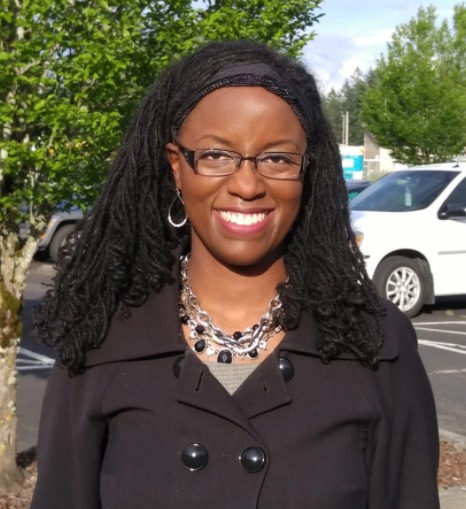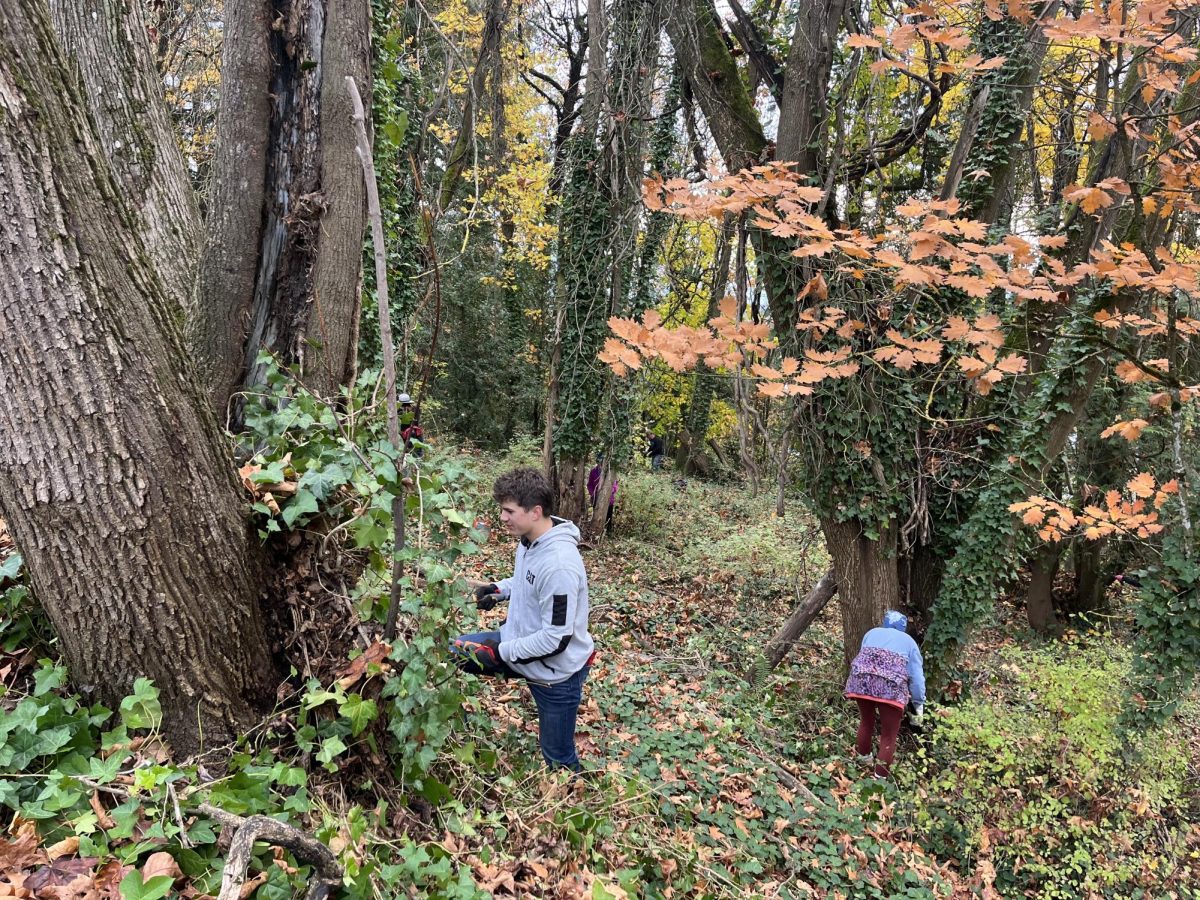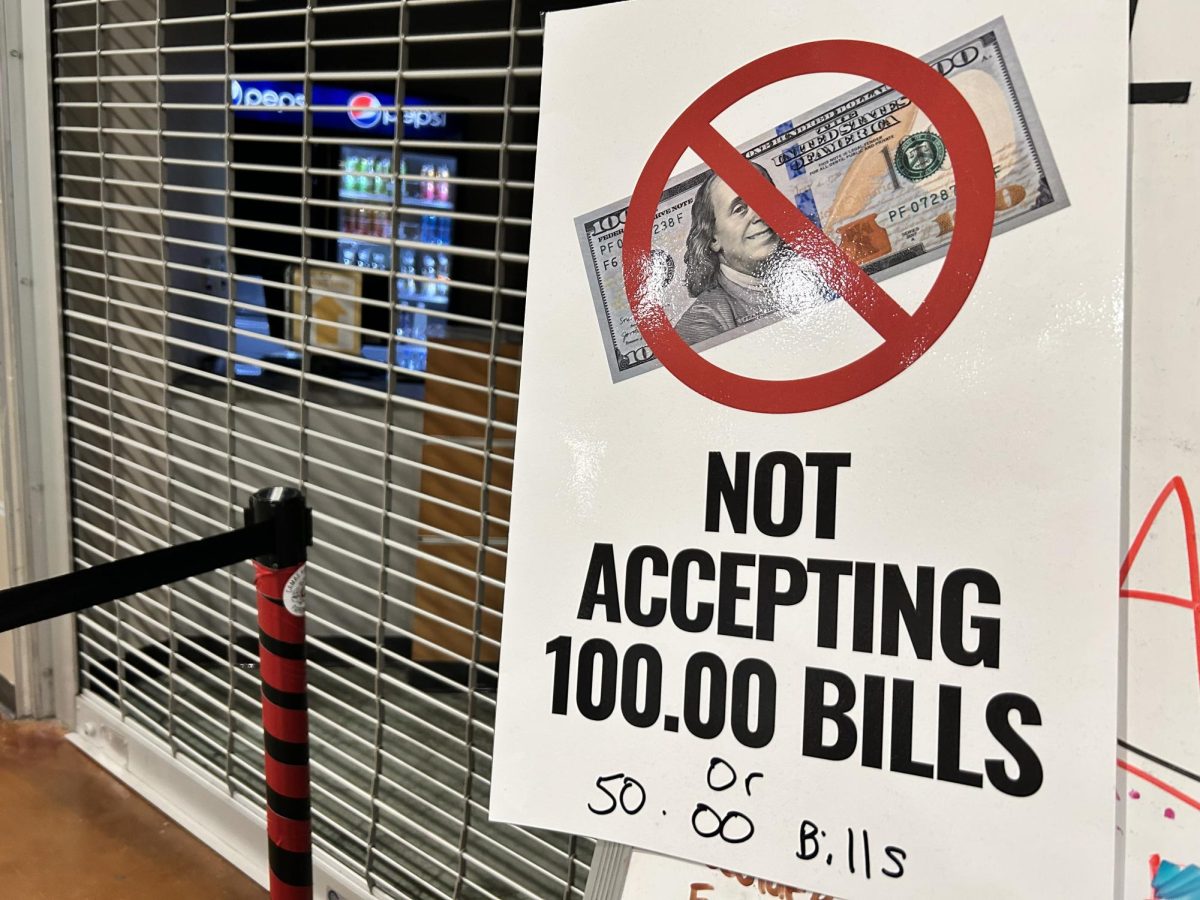Camas School District Assistant Superintendent Dr. Charlene Williams expressed what Black History Month means to her.
“Black History Month is a start. It is a necessary step to begin to remedy the years of mis- and disinformation about our past. Black History Month allows us to pause to recognize our true history, one that includes the history of Black people in this country. Black History is American History. It should be fully integrated into all we do in education throughout the year. A measure of the success of Black History Month is that we begin to talk about Black history every month.”

Williams listed some prominent figures in the Black community who inspire her.
“There are so many people in the Black community who inspire me. From my family to my pastors and friends-those who insist on becoming visible and valued and who embrace joy and abundance alongside the struggle. And there are so many famous figures, widely known for their contributions, who deserve to have their names raised up and recognized. I also offer a celebration of Black history’s ‘essential workers’ who without recognition, show up day after day despite countless microaggressions and often being underestimated or misrepresented. People who still believe in a better America and work daily towards that end.”
She added, “Dr. King, John Lewis, and Rosa Parks amplified the Black experience for many. Each fought in their own way for a more humane experience for Black people. John Lewis authored a piece called ‘Walking with the Wind’ that I use in many conversations and trainings around equity and social justice. Lewis uses his family’s powerful experience with a summer storm to describe what is possible when we stand together against the storms of injustice. I constantly lean on their wisdom in times like these as their words and methods call us away from divisiveness to a sense of unity and action. I am forever indebted to them and many others who risked everything including their lives so that I may continue in a small way to expand their vision for a more just country.”

Williams recently came across this quote from Dr. Martin Luther King Jr. and she believes that it captures the essence of how we should engage in the work of social justice:
“One of the greatest problems of history is that the concepts of love and power are usually contrasted as polar opposites. Love is identified with a resignation of power and power with a denial of love. Power without love is reckless and abusive, and love without power is sentimental and anemic. Power at its best is love implementing the demands of justice, and justice at its best is power correcting everything that stands against love.”








































